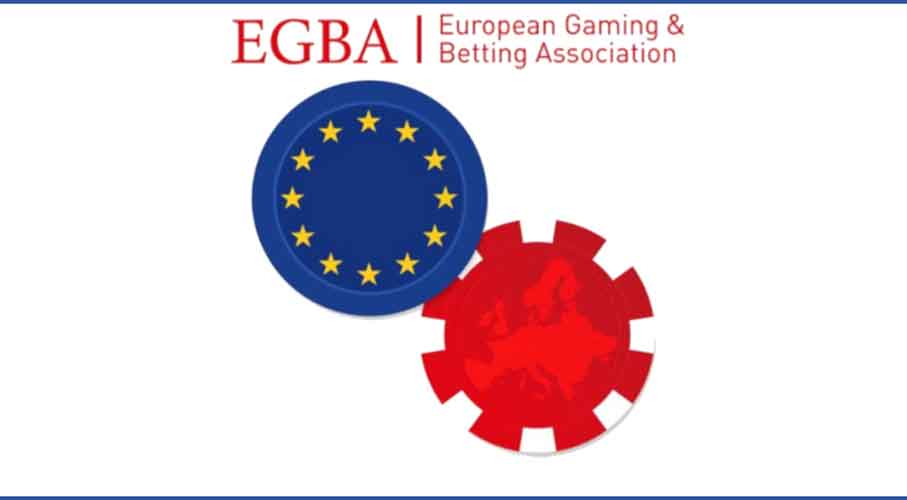
Speaking on behalf of the European Gaming & Betting Association (EGBA), Maarten Haijer has recently asked the European Union standardize gambling regulation across all of its member states. Haijer who is the secretary general of the EGBA has also proposed more regulation citing the need for better management and more effective cross-border online gaming platform management.
In an article detailing his proposals Maarten Haijer pointed out that it was about time that the EU policy makes made an effort to clean up the online gambling industry and the first step towards achieving this would be the introduction of an effective cross-border regulatory framework which would cover consumer protections, safeguards as well as operational standards on all online gambling sites. As it stands, more than 10 million online gamblers have been subjected to very poor services due to the inconsistencies in current national policies.
“The challenges are obvious. The internet has no national borders, which means Europeans can easily play on gambling websites based in countries other than where they live. But the quality of national gambling regulations in the EU varies significantly and there is no consistency between them,” Haijer’s article reads.
A 2018 study conducted by the City University of London reveals that Denmark is the only member of the European Union that has fully implemented the gambling guidelines that the EU itself drew up back in 2014. These EU guidelines were due to be reviewed two years ago but this review obviously never happened since up until now Denmark remains to be the only country that is in full compliance with the gambling guidelines.
Worse Than We Thought?
The EU’s guidelines aside, the study also found that out of all of the European Union member countries, only 14 of them had self-exclusion schemes in place. To make matters even worse, the existing self-exclusion schemes or lists are also flawed since they are national-only which means that problem gamblers are still able to access gaming services from offshore gambling platforms.
Other notable flaws that the ECBA secretary-general pointed out included the fact that only a little over a dozen countries included “no underage gambling” signs on their adverts and only half of the EU member countries allowed online gaming platforms to use electronic identification and public databases to verify the identities of their customers. This not only increases the possibility of minors engaging in gambling but also creates a loophole that could be exploited by fraudsters and other cybercriminals.
As expected, the EGBA has already suggested some solutions but there has not been any substantial news from the European Commission which will be reviewing the document containing the regulations. Haijer himself has suggested the incorporation of AI and this seems to have resonated quite well with the European which has since made it’s a top agenda. There is, of course, a lot more that needs to be done and it might need to begin at the national levels the way it has in the United Kingdom.











